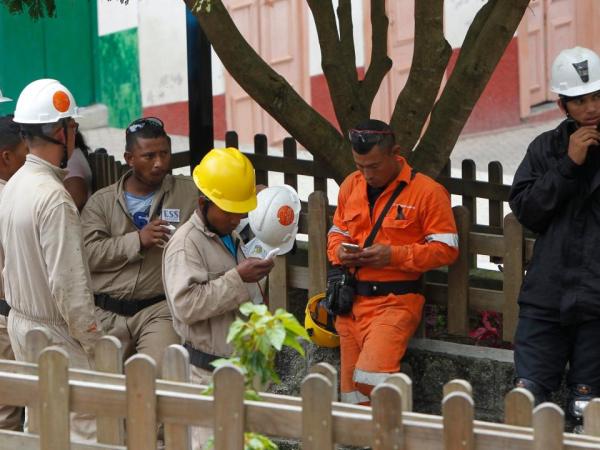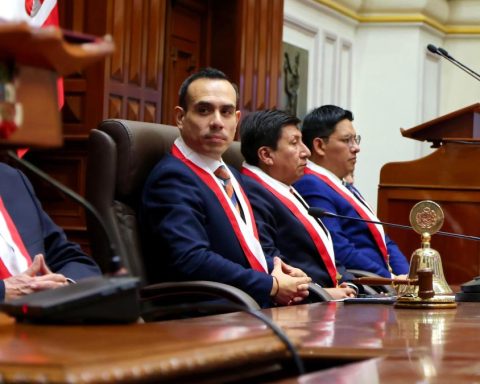After the filing of the labor reform project by the government of Gustavo Petro about a month ago, there are several observations that the legislative initiative has aroused. In this stage, The Labor Observatory and the Fiscal Observatory of the Javeriana University presented an alternative article.
(See: They are not touched: the immovable bases of the pension and labor reforms):
“Our proposal seeks to offer viable alternatives that contribute to reaching the necessary consensus to advance in the labor reform that our country needs at this time. It seeks to guarantee the social protection of work in broad terms, with the aim of improving the Colombian labor market”, indicates the document.
Among the most questioned points of the government project is the working day. While the project of the Minister of Labor, Gloria Inés Ramírez, establishes that the night shift would start from 6:00 pm until 6:00 am the following day, while the article on the observatories sets the starting point at 8:01 p.m.
(See: Reasons why the labor reform would affect companies).
However, it is proposed that “when the labor informality rate is below 45% and unemployment is below 9% certified by the Dane by November 30 of the respective year, the night work shift of the following year will begin to starting at 6:00 p.m.
Another change is in Sunday surcharges: while the Government project He looks for them to be paid at 100%, this one speaks of 85%.
(See: Labor reform would also impact amusement parks).
In the case of platform regulation, the observatories go beyond the proposal of employment relationship via government contract, and proposes that “Dependent digital work will be subject in what corresponds to the rules established for teleworking, work at home or remote work”, among other measures.
BRIEFCASE


















